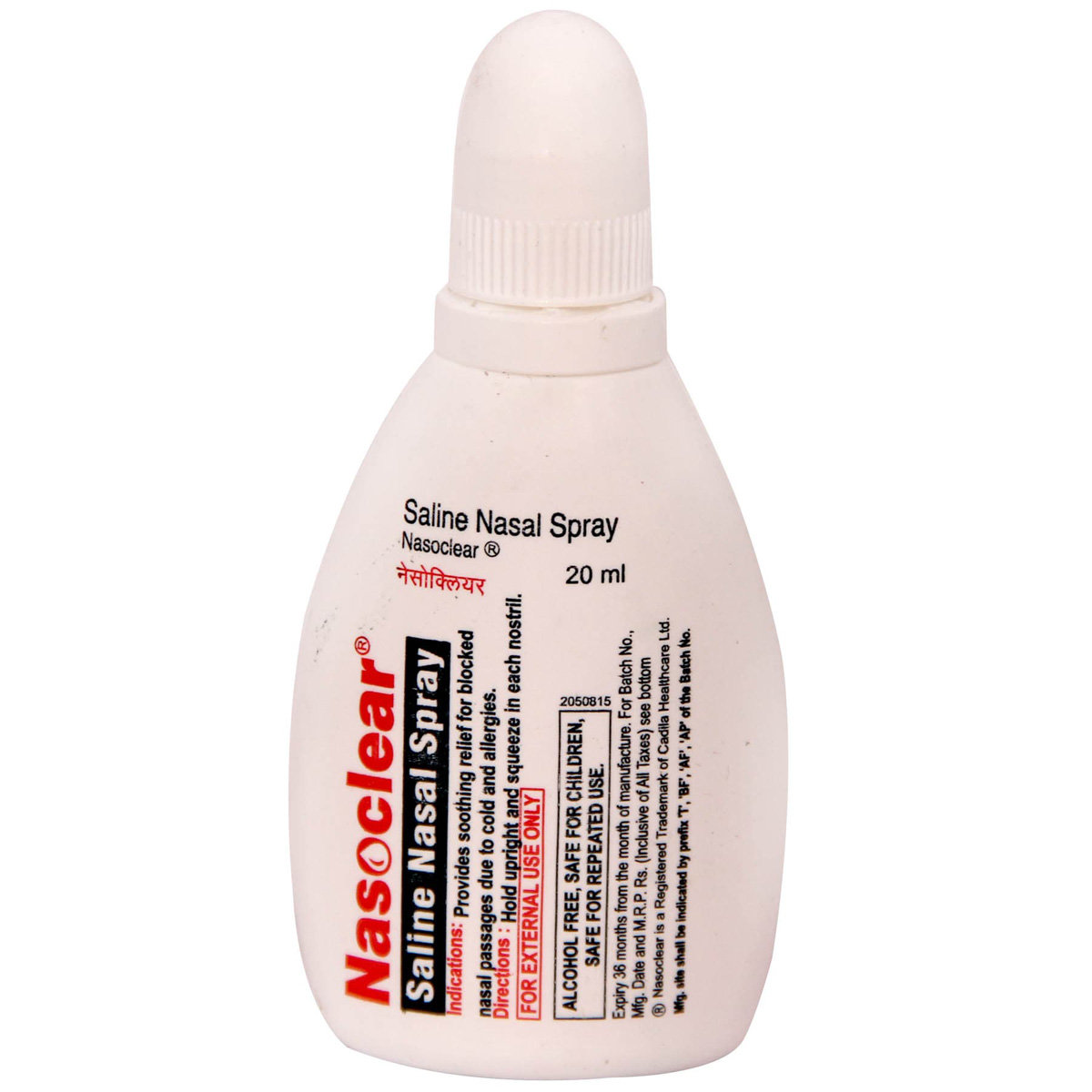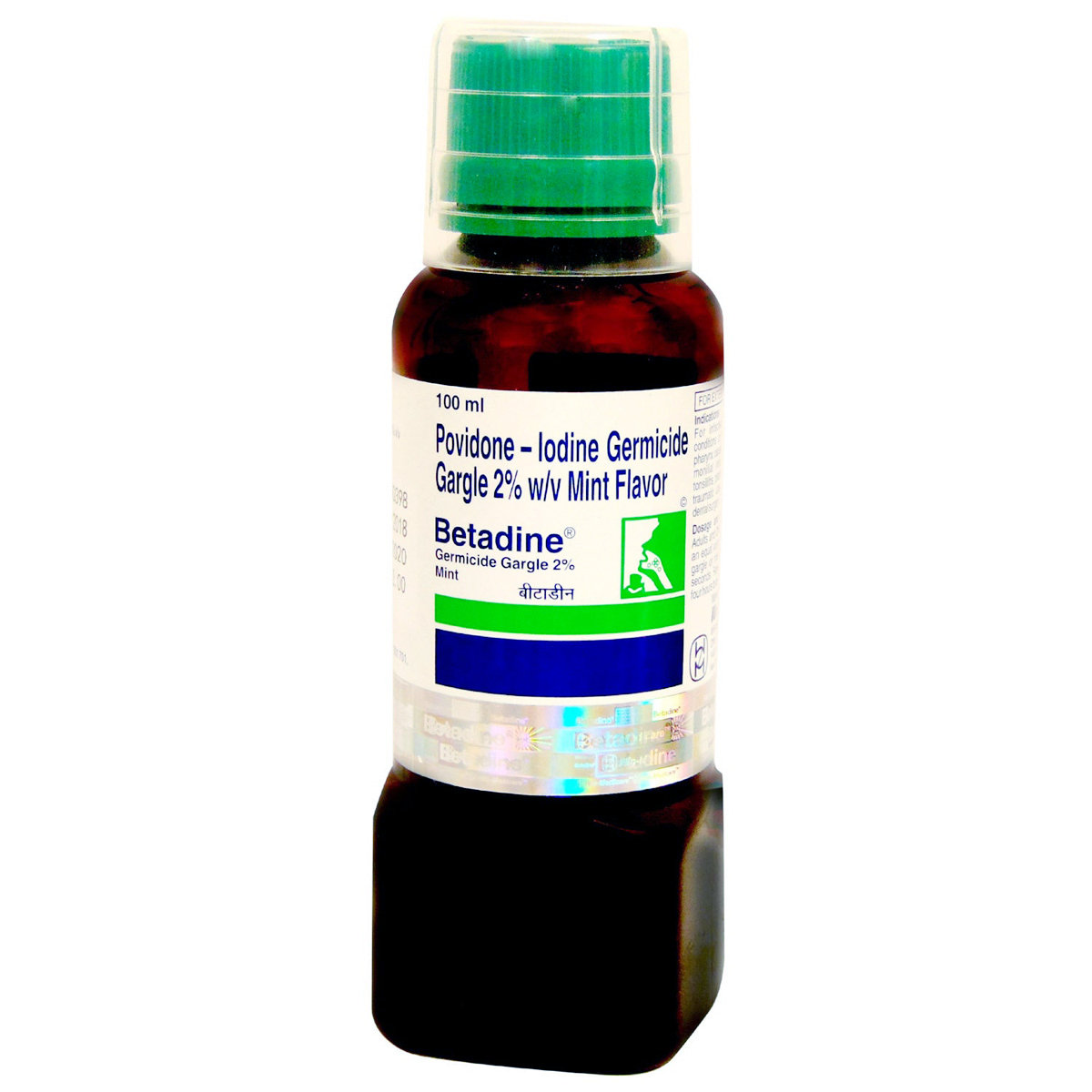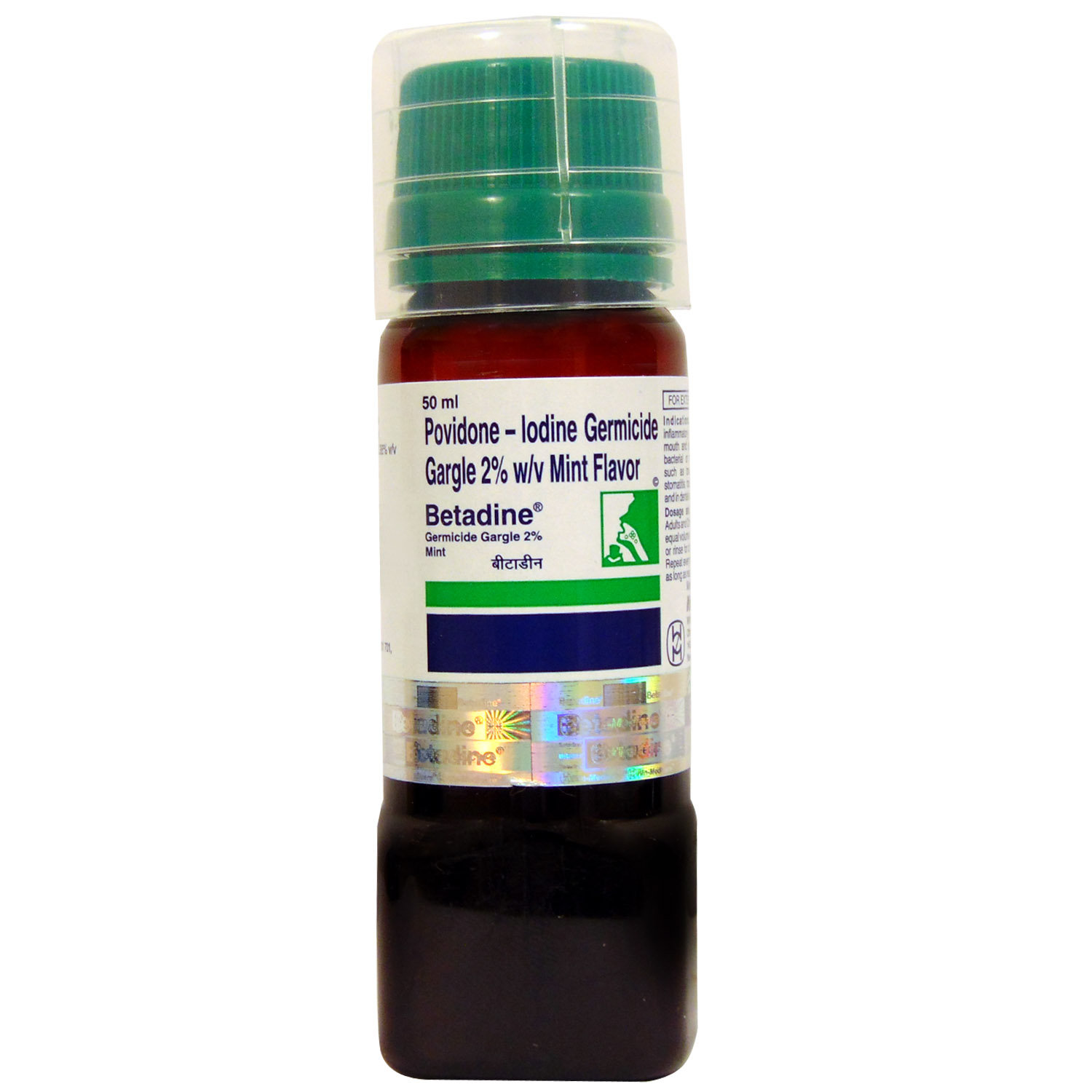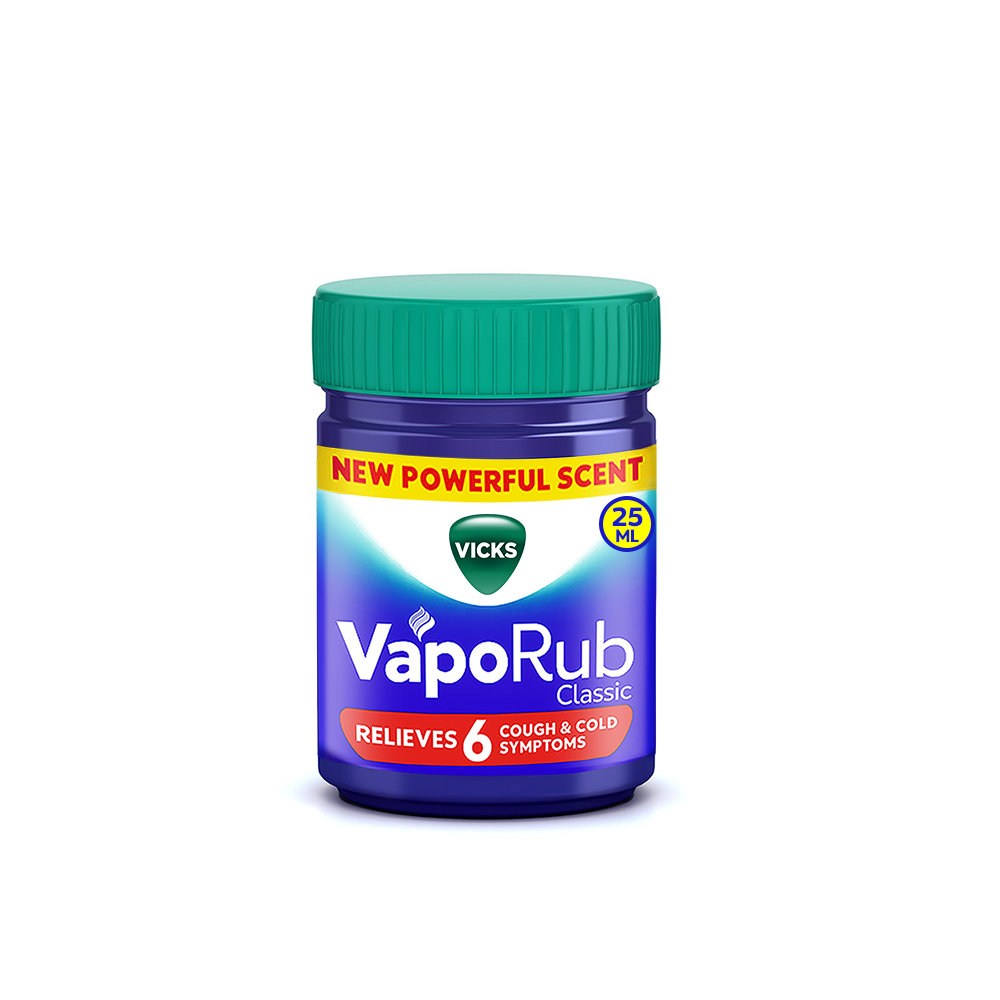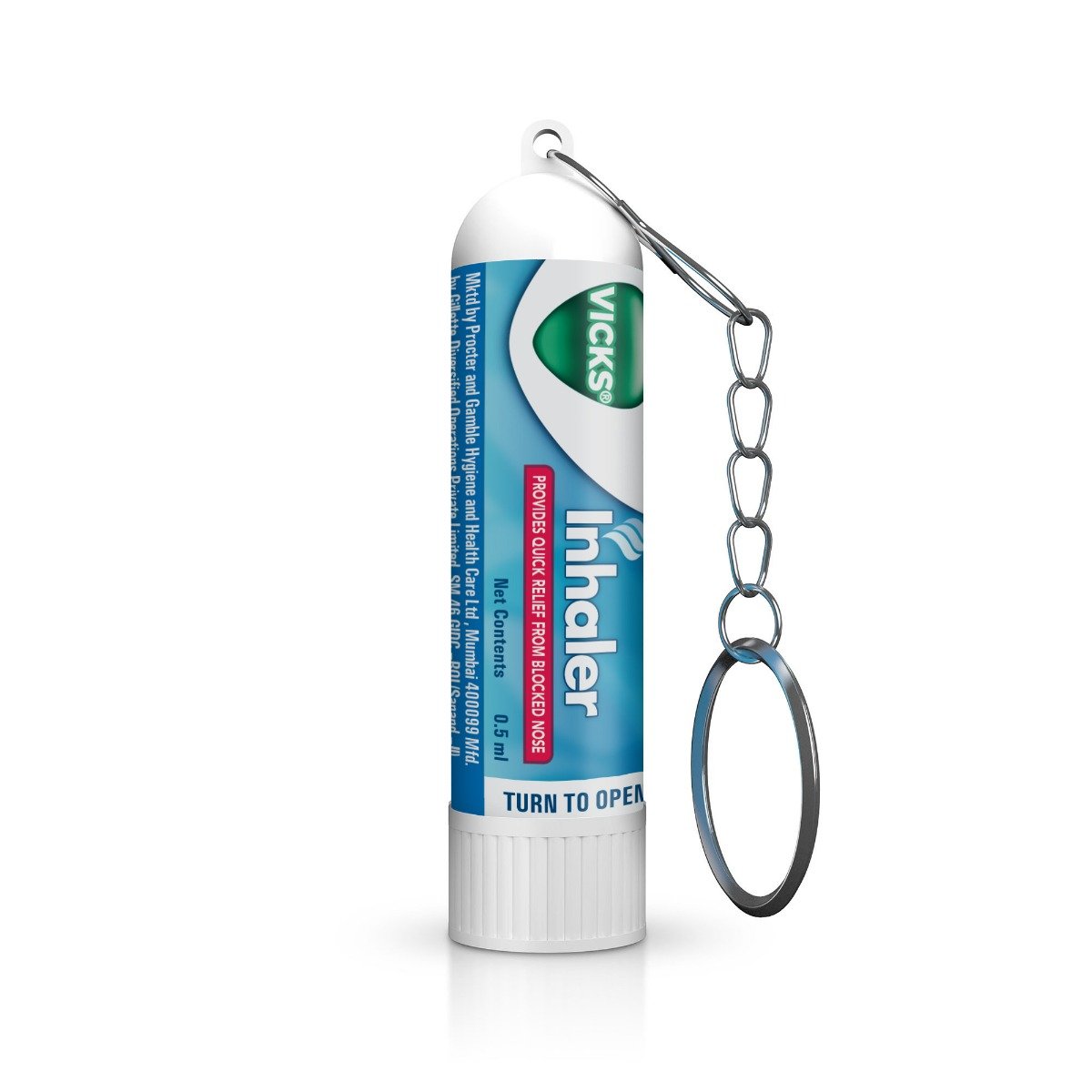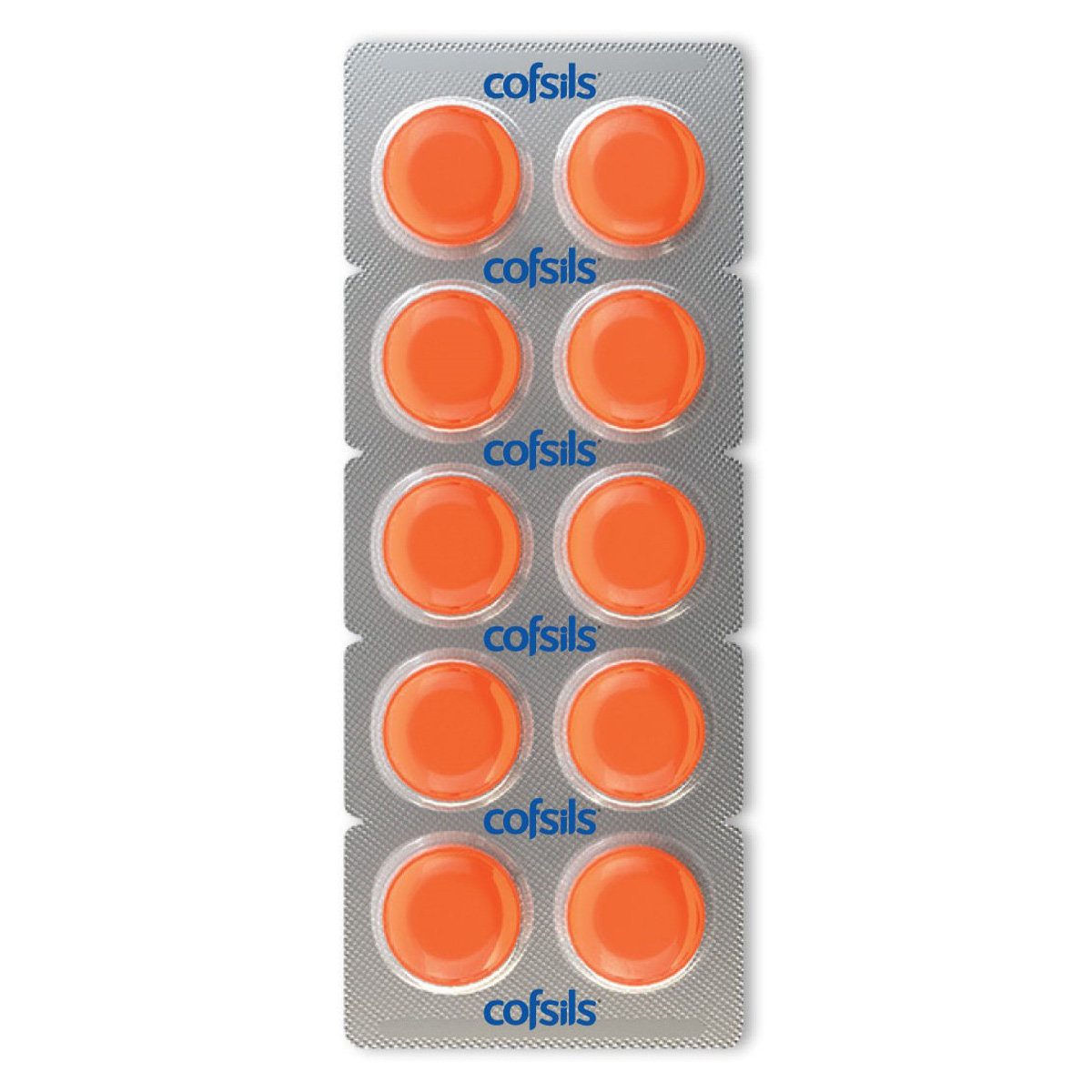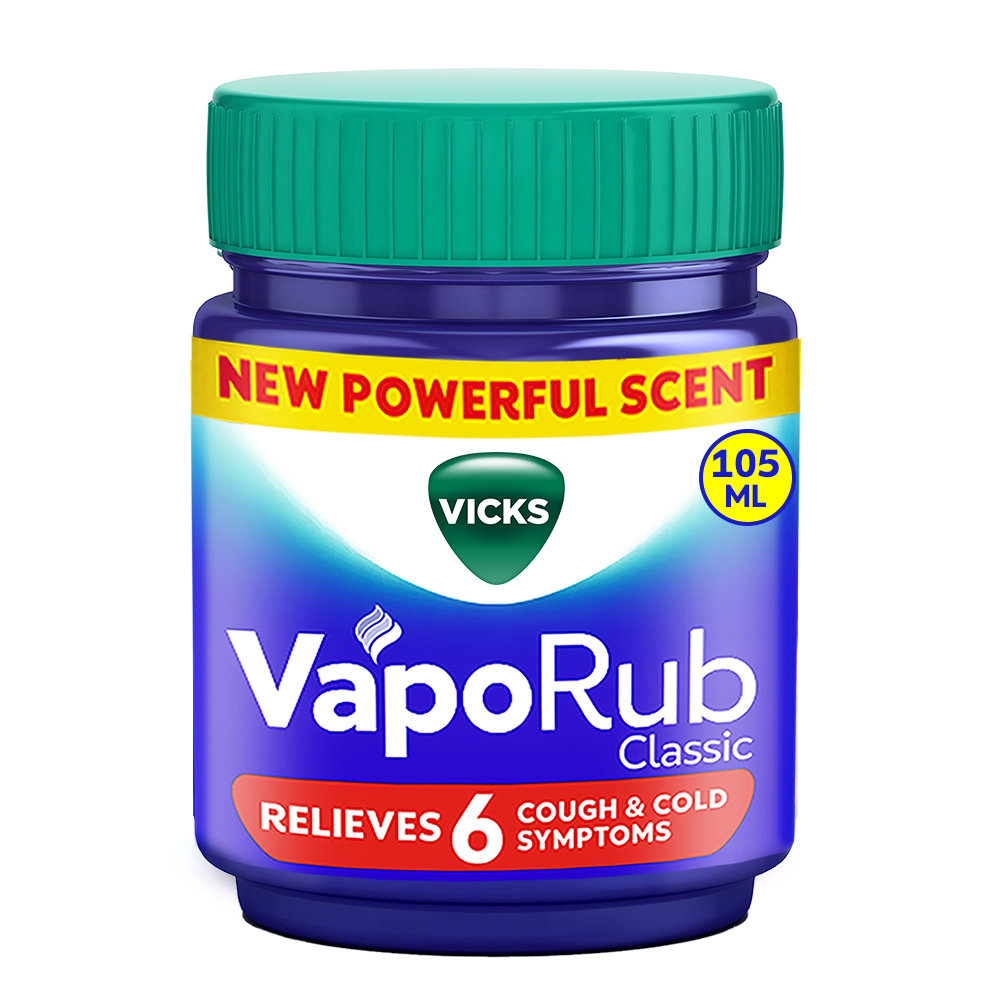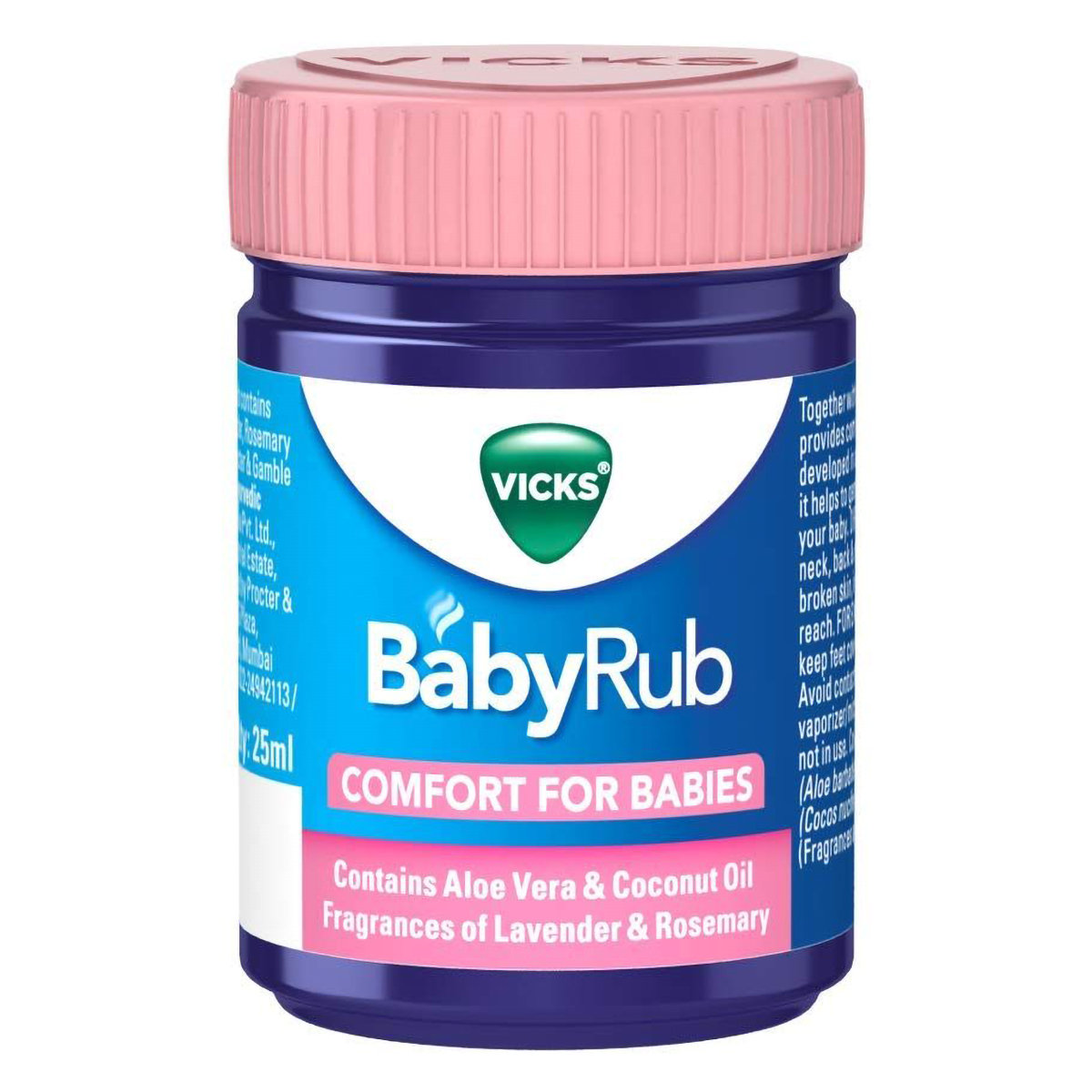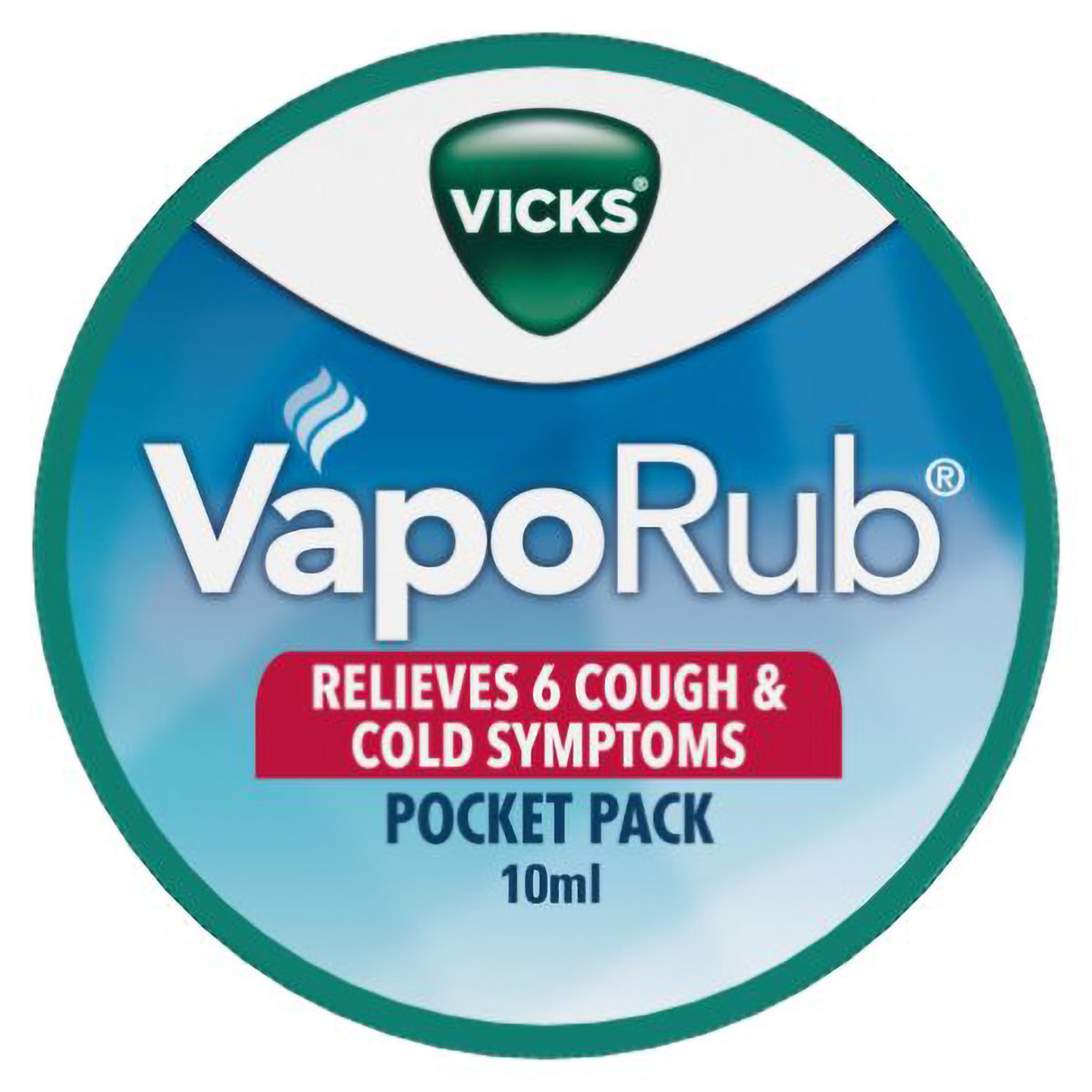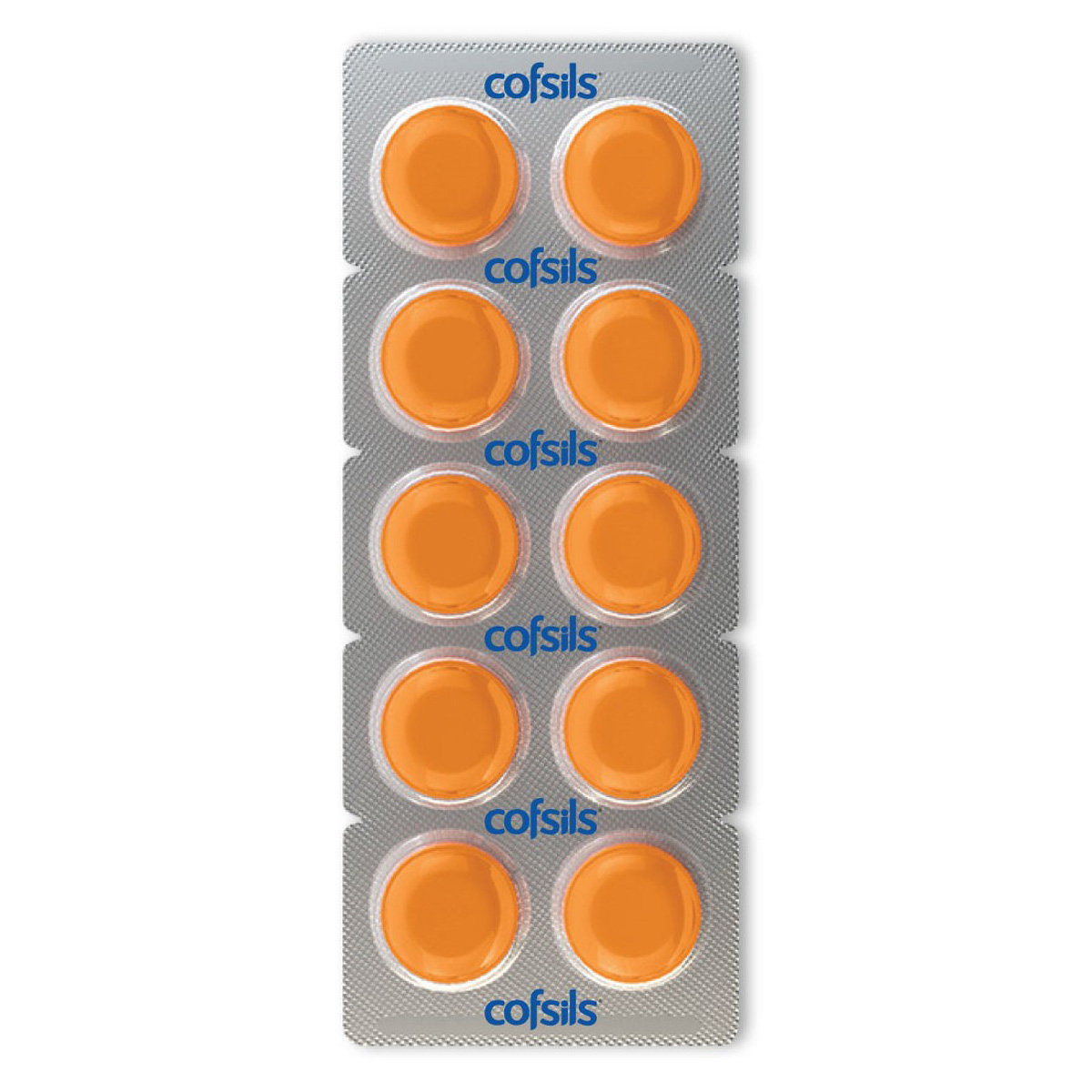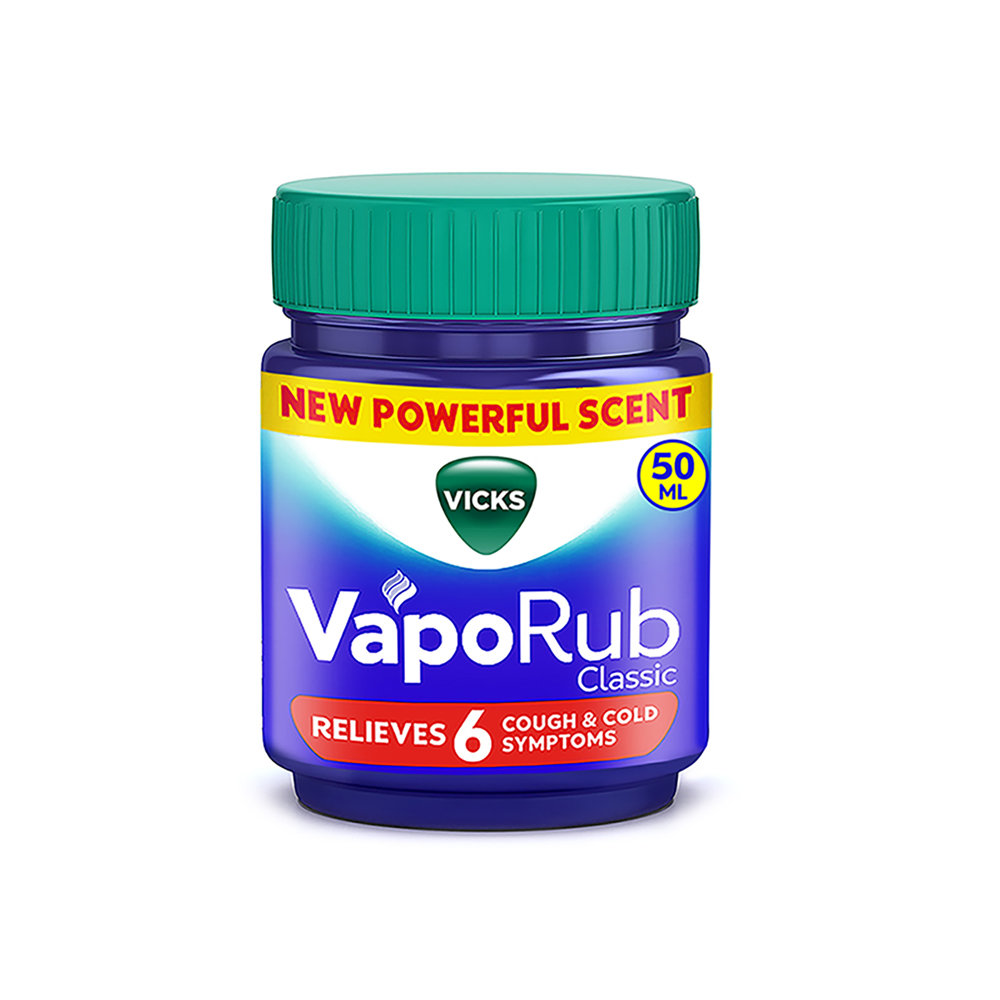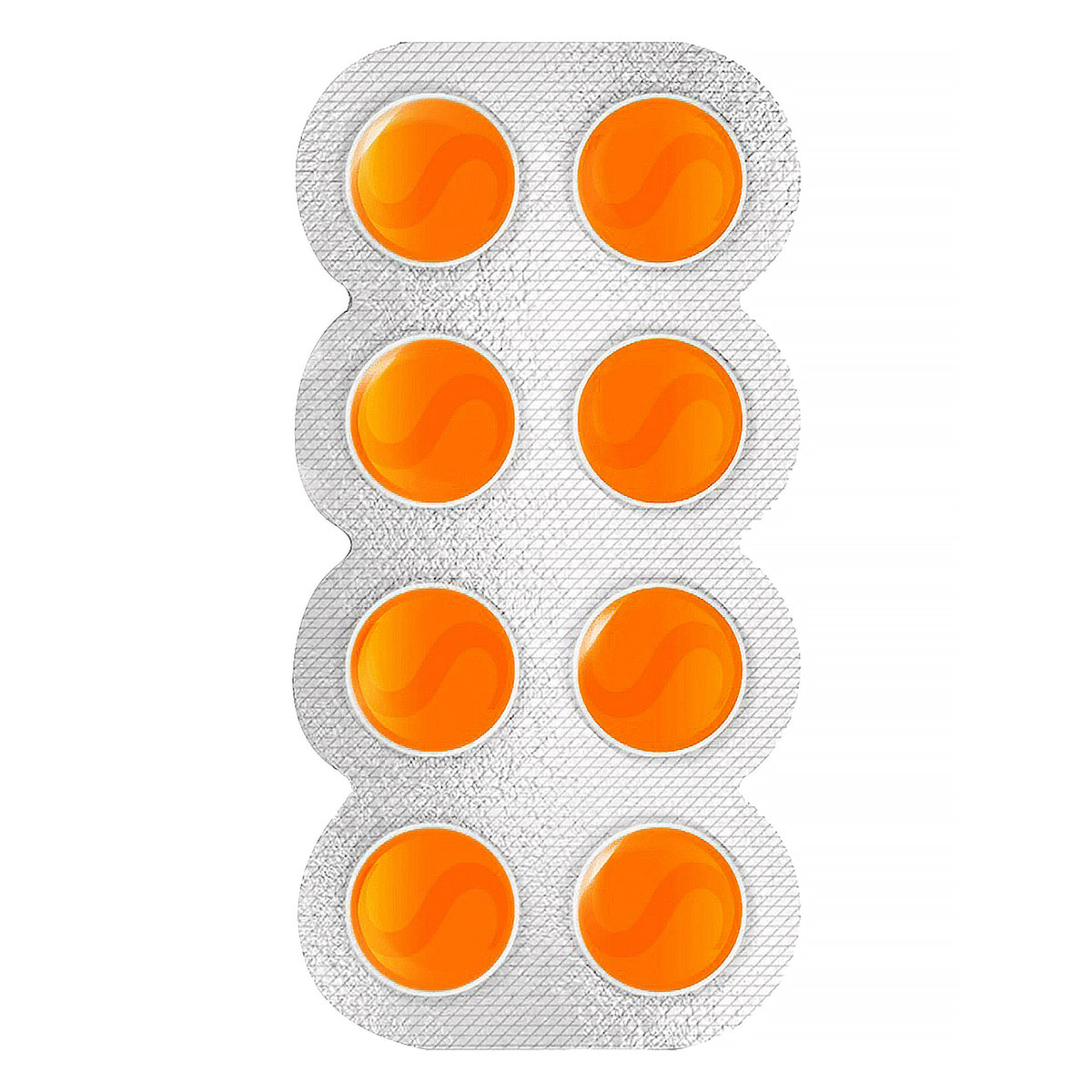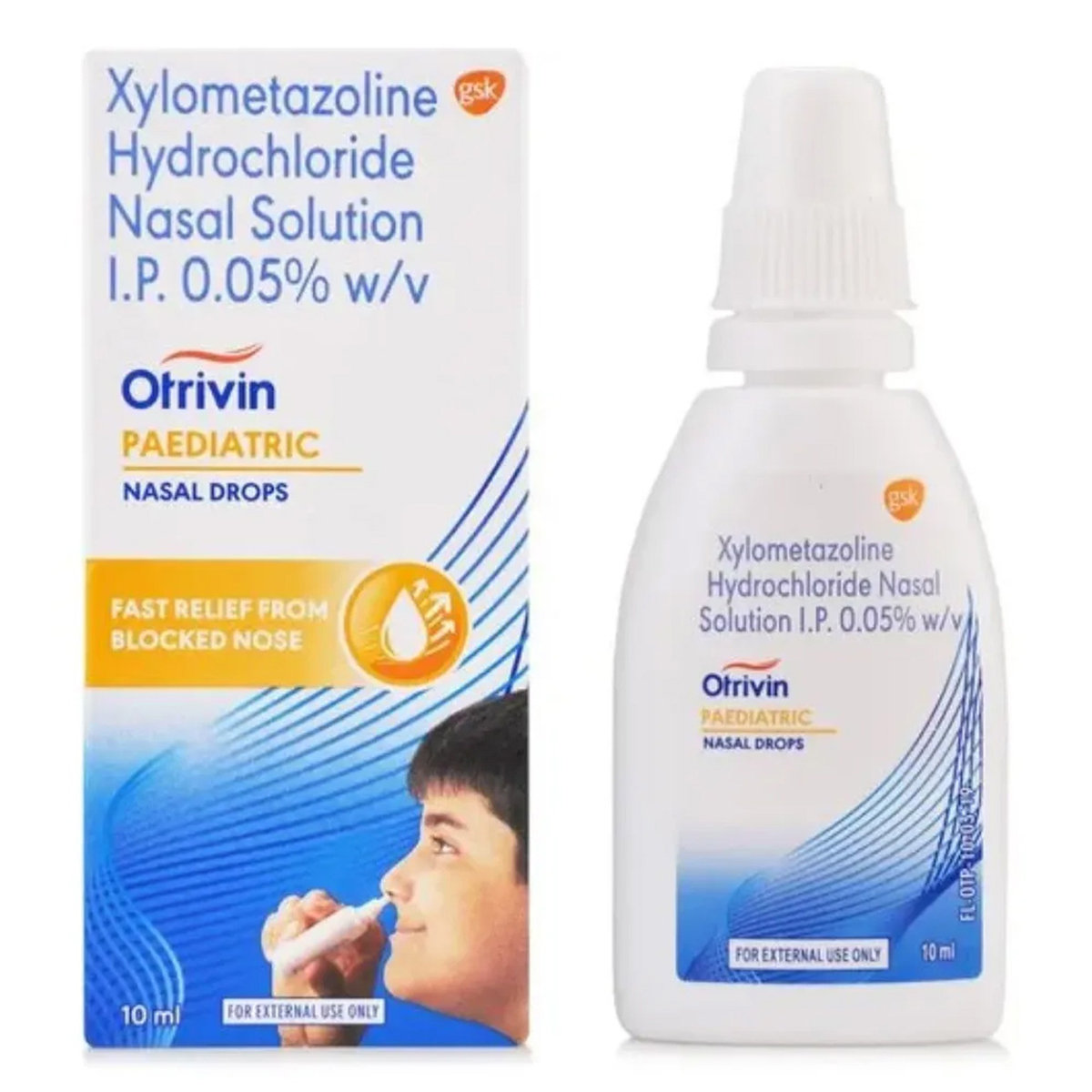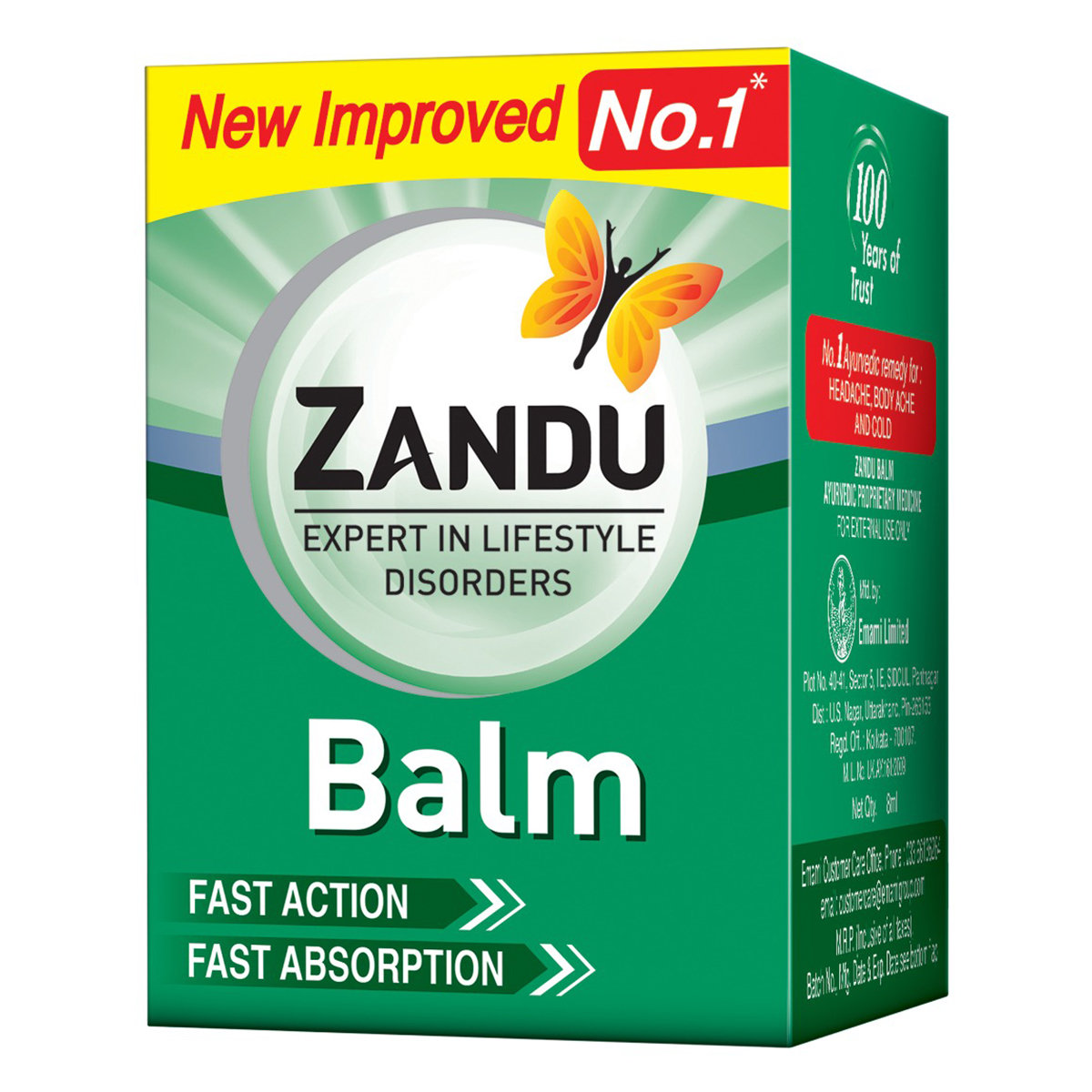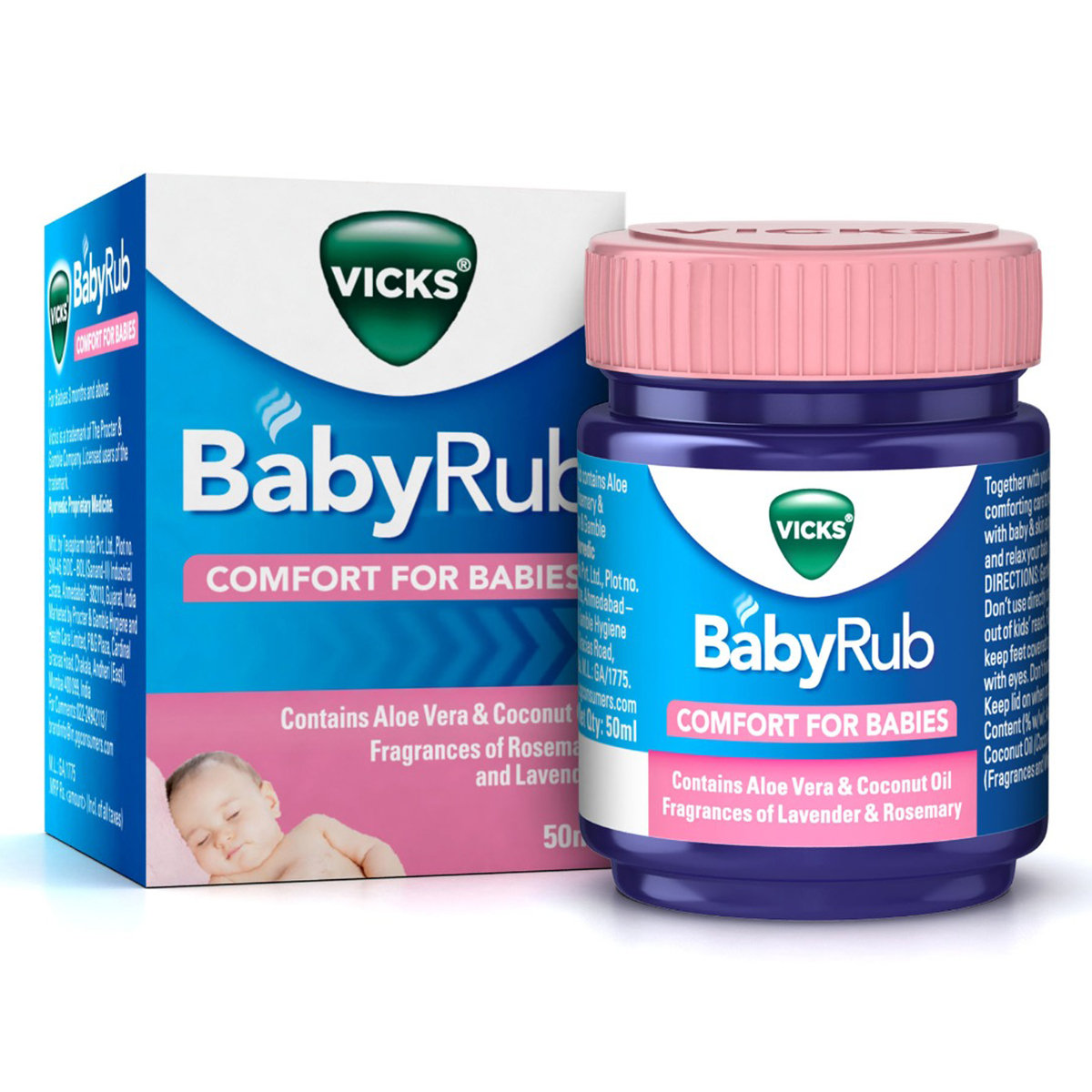- Home
- Health Condition
Cold & Cough
Cold & Cough
- Total Items (387)
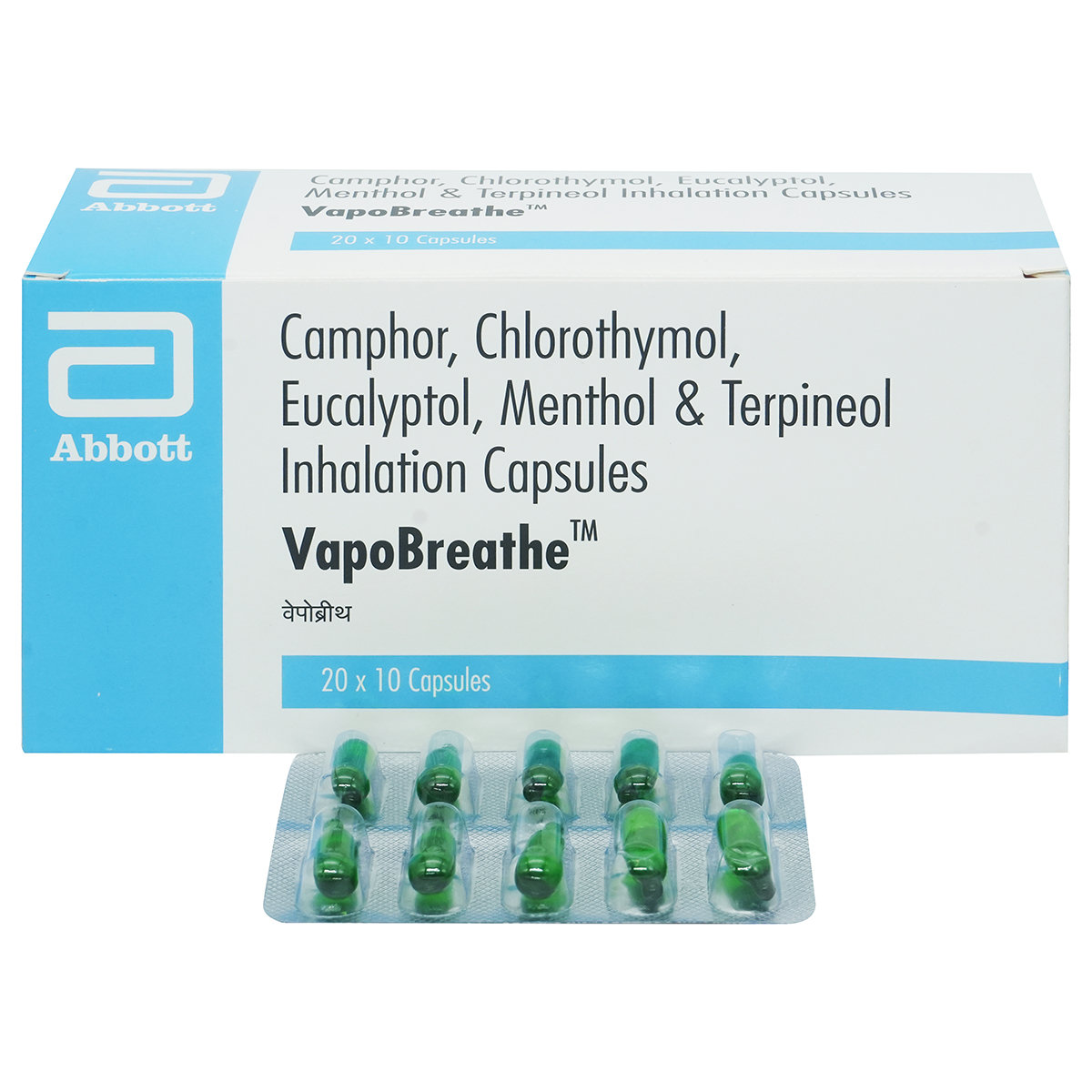
Vapobreathe Inhalant Softgel Capsule 10's
₹67.20
MRP ₹89.50
25% off
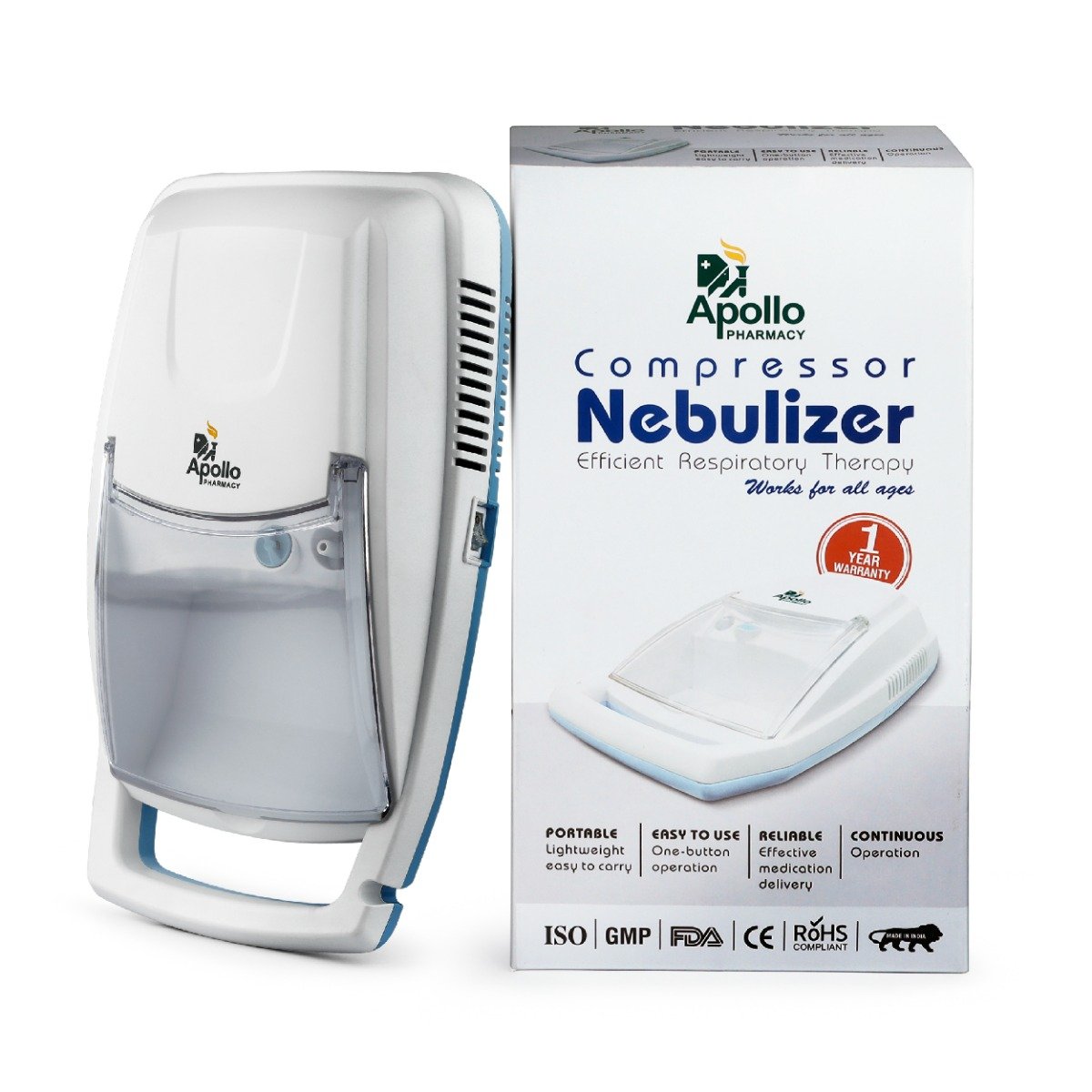
Apollo Pharmacy Compressor Nebulizer, 1 Count
₹1517.90
MRP ₹1686.50
10% off
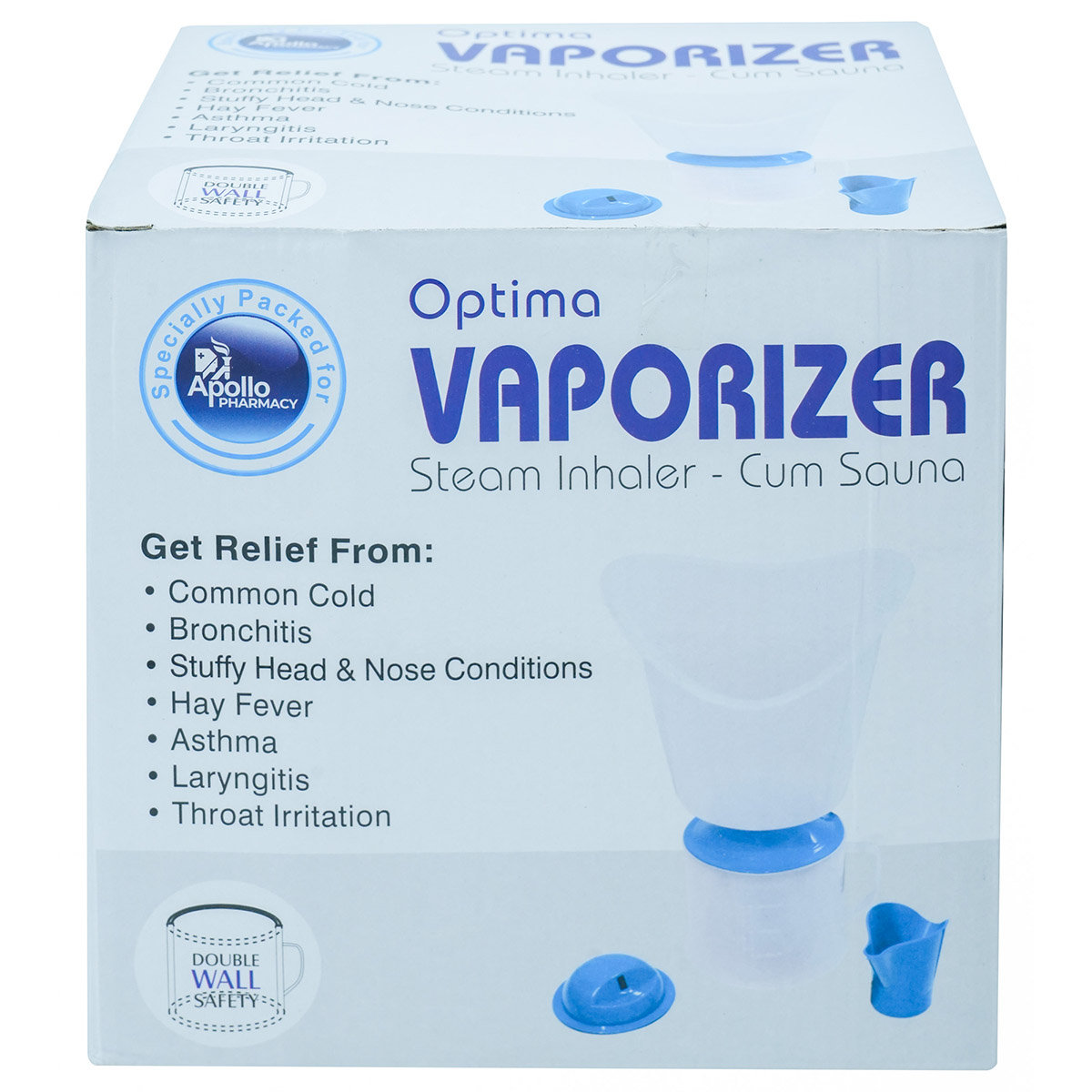
Apollo Pharmacy Steam Inhaler Vaporizer, 1 Count
₹353.30
MRP ₹392.50
10% off
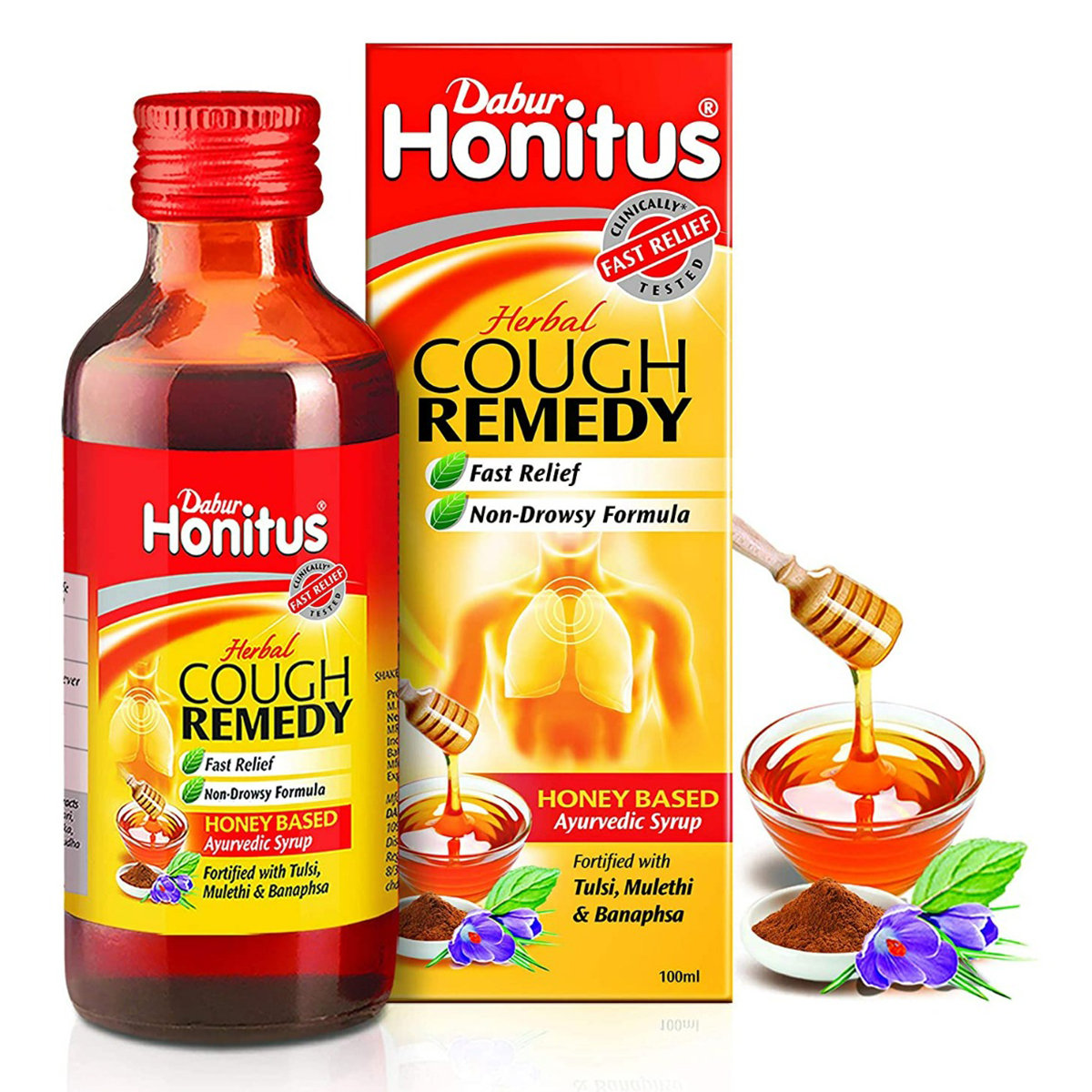
Dabur Honitus Herbal Cough Remedy Syrup, 100 ml
₹81.40
MRP ₹121.50
33% off
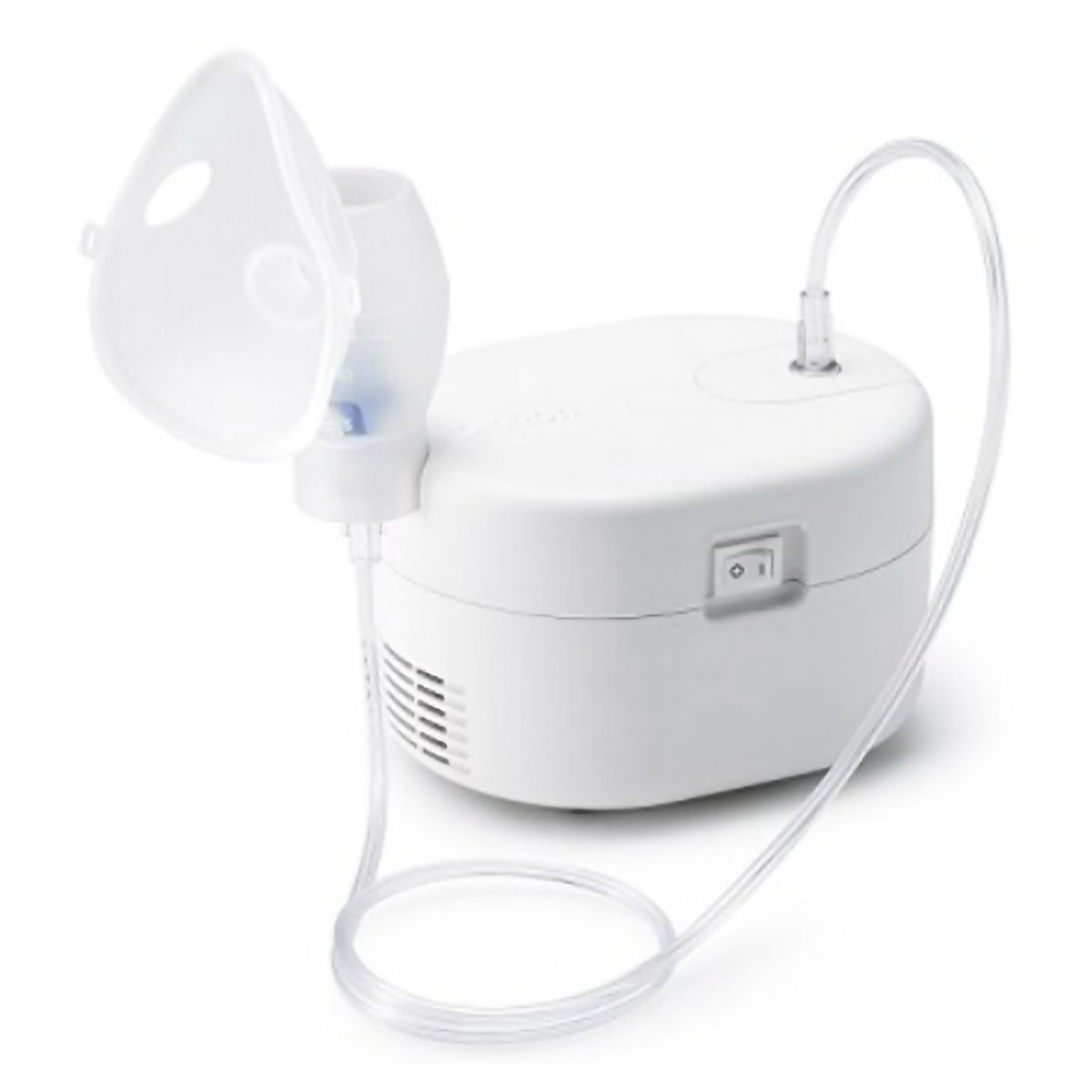
Omron Compressor Nebulizer NE-C106, 1 Count
₹1492.80
MRP ₹1866
20% off
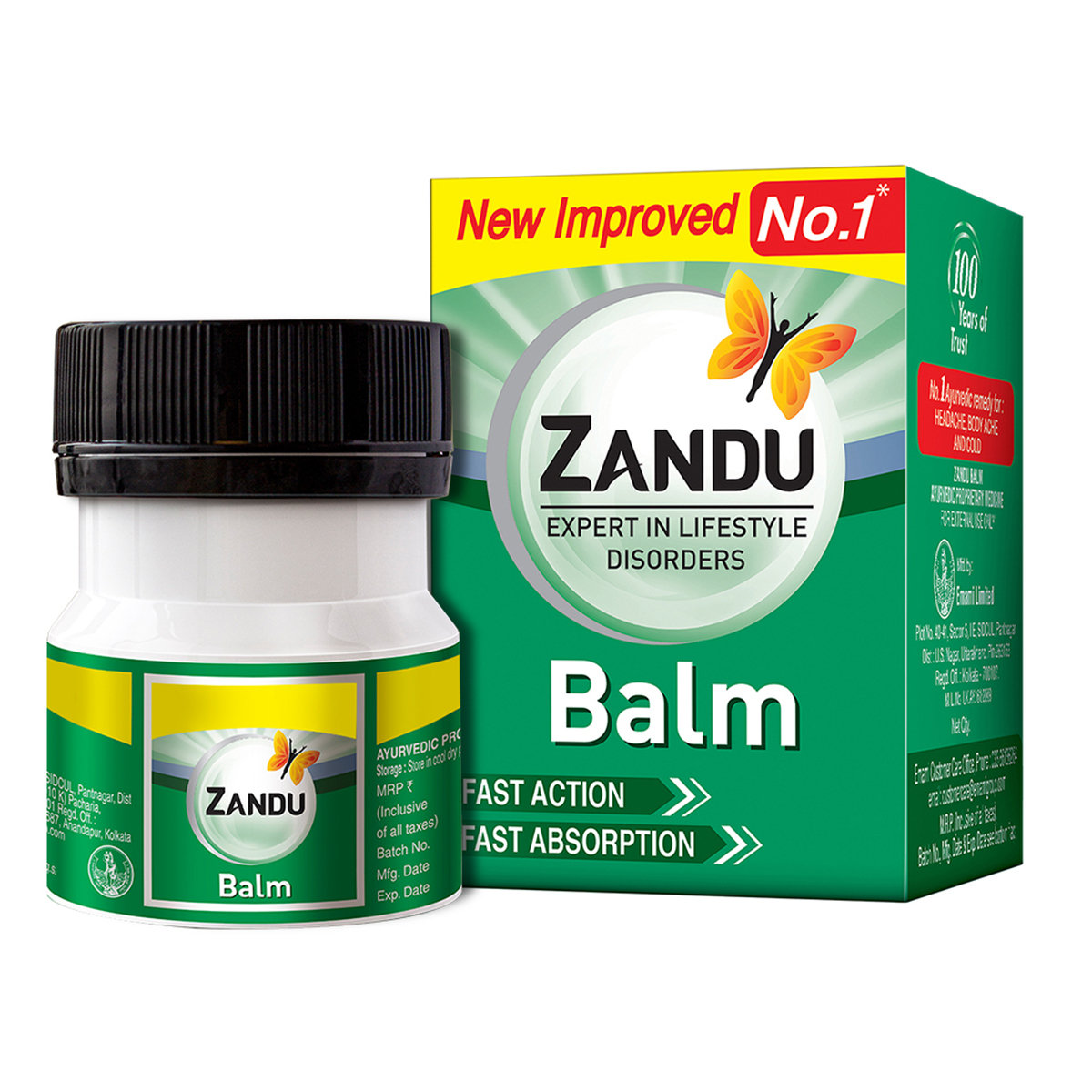
Zandu Balm, 50 ml
₹154
MRP ₹175
12% off
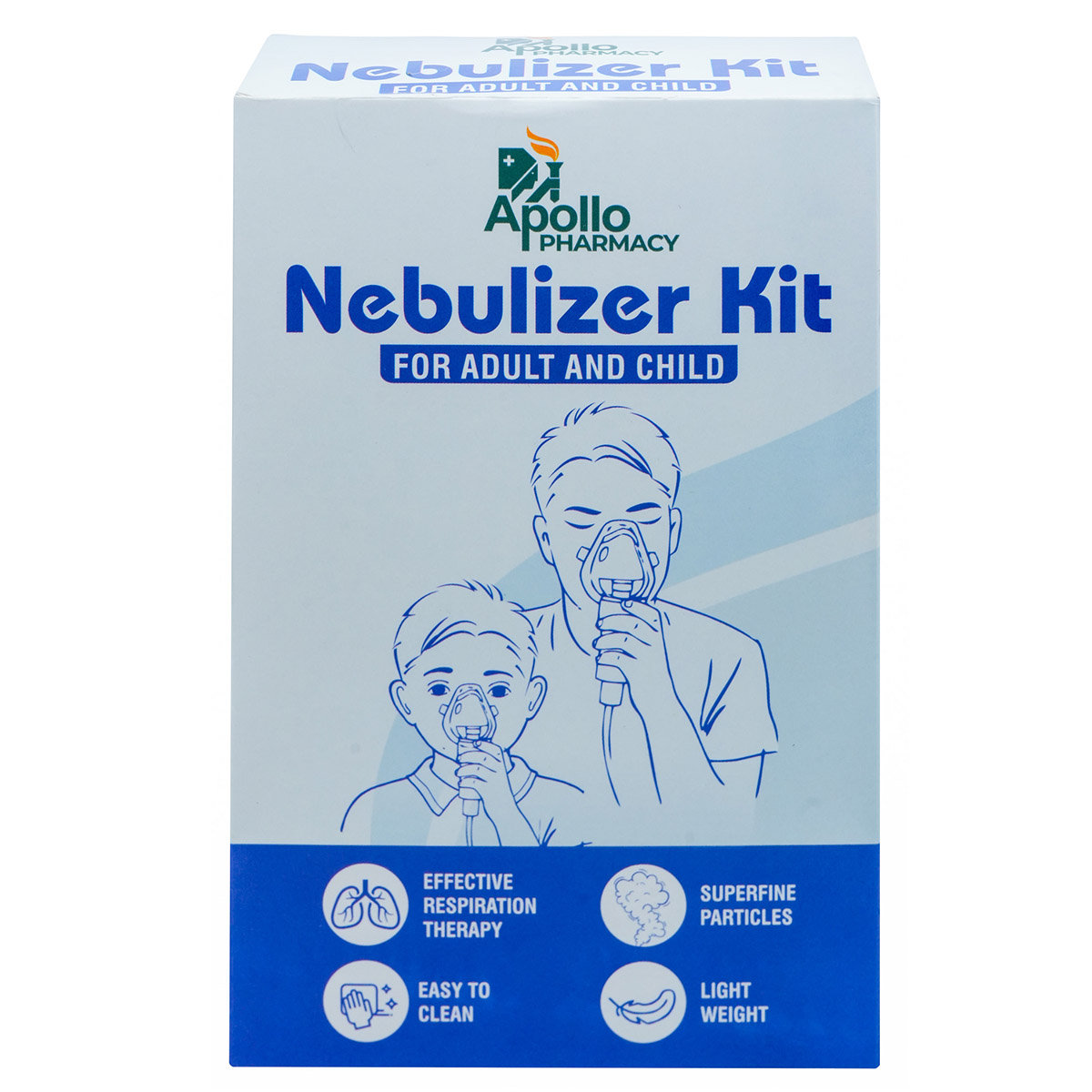
Apollo Pharmacy Nebulizer Kit for Adult & Child, 1 Count
₹336.60
MRP ₹374
10% off
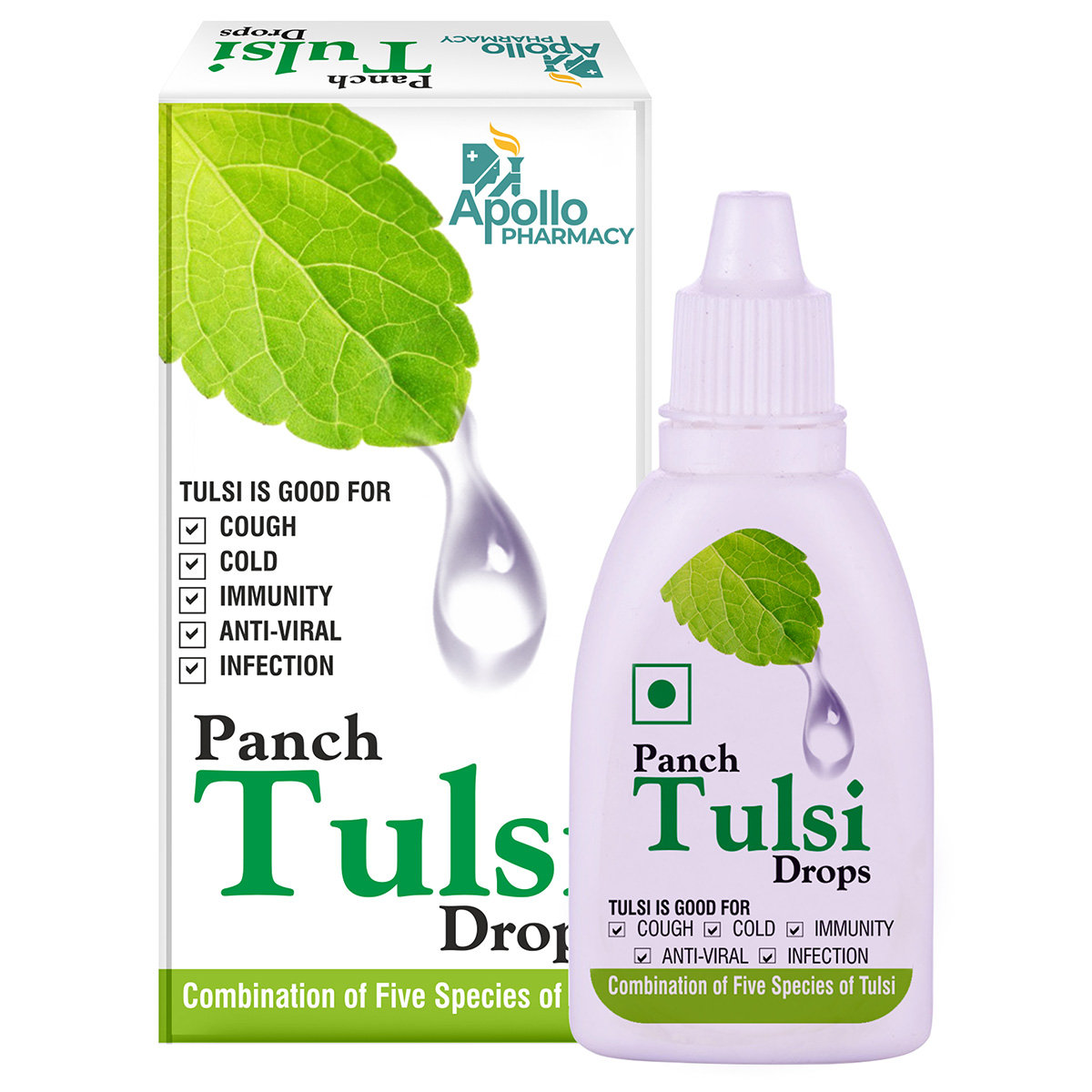
Apollo Pharmacy Panch Tulsi Drops, 20 ml
₹168.80
MRP ₹187.50
10% off
Get cold & cough medicines from Apollo Pharmacy!
Apollo Pharmacy has been providing healthcare products and medicines for more than 32 years now. It has a reputation for selling 100% genuine healthcare essentials. Explore a wide range of cold and cough medicines online on the app and get them instantly without any hassle.
Common cold & cough
A common cold or cough is a viral infection and a contagious condition of the upper respiratory tract, including nose and throat. The typical cold and cough have no permanent treatment and might persist anywhere from 7 to 10 days.
Cough and its types
When a foreign particle irritates your airways or throat, your body responds with a cough. Nerves are stimulated by irritation, which sends a message to your brain.
There are different types of coughs, each with its own set of reasons and symptoms to watch out for:
- A wet cough often called a phlegm cough causes a person's chest to feel heavy and causes them to cough up mucus or phlegm. Cold and flu viruses induce chesty coughs, which can also emerge after a sore throat.
- Tickly cough or dry cough is the most common type of cough caused by inflammation in the throat. It is also known as a non-productive cough since it generates little or no phlegm. Common cold, fever, flu, asthma, bronchitis, acid reflux, and some blood pressure medications can cause a dry cough.
- Nervous cough: Anxiety or worry can aggravate a nervous cough, which goes away when the person sleeps.
- A cough that persists for more than eight weeks is considered chronic. Allergic rhinitis, sinus infections, asthma, gastrointestinal disorders, eosinophilic bronchitis, smoking, infection, and drug side effects are the most common causes of chronic cough.
You can browse our broad collection of cold and cough treatments on the Apollo 24|7 app or website. Order cough drops, lozenges, vapour rubs, cough syrups, and other healthcare supplies online and have them delivered to your door instantly.
Symptoms of common cold & cough
It usually appears one to three days later and varies from person to person. Most people catch a common cold or flu either in winter or spring; however, there are possibilities of catching a cold at any time of the year. Knowing the signs or symptoms of a cold or cough beforehand may help you treat your health condition.
- Runny nose
- Congestion
- Sore throat
- Sneezing
- Fatigue
- Watery eyes
- Fever
Risk factors for common cold & cough
- Babies and young children are more susceptible to catching a common cold or cough.
- Chronic illness or a weak immune system can increase your chances.
- Children and adults are more prone to catching a cold in the winter. Although, anyone can get affected by a cold or cough at any time of the year.
- If you smoke or are a passive smoker, you are more prone to catching a cold or cough.
Complications of common cold and cough
- Even if you are not asthmatic, having a cough and a common cold can trigger wheezing. If you have asthma, your condition may get worse.
- Acute ear infection or otitis media develops when bacteria or viruses enter the eardrums. Typical symptoms include earache followed by a fever, common cold, and cough.
- Acute sinusitis, which occurs in children or adults due to colds, may lead to swelling, inflammation and infection of the sinuses if left untreated.
- The common cold and cough may lead to other infections, including pneumonia, strep throat, chest pain, trouble in breathing, and persistent heartburn.
How can you avoid catching a cold or cough?
Follow these strategies to reduce your chances of having a cold or cough:
- To keep the infection from spreading, wash your hands frequently.
- Avoid using tobacco products since they harm the lungs and throat.
- Use disposable cups, plates, and utensils.
To keep your home free of germs, clean it regularly. After being touched by a sick person, bacteria can persist on surfaces for several hours.
When it comes to virus protection, nothing beats soap and water. Wash your hands thoroughly or use a hand sanitiser to kill the germs. You can easily browse the best hand sanitisers online at the Apollo 24|7 app or website.
Ayurvedic remedies for common cold and cough
Even while a common cold is rarely hazardous, it becomes difficult for a person suffering from a cold to complete daily duties. Other than the change in season, a variety of causes might induce coughing and cold. Coughing is a most common reflex response that occurs when a foreign object enters your airways.
According to Ayurveda, an imbalance in any of the doshas can cause illness. Nasal congestion and cough are caused by an excess of Kapha and Pitta in the body.
Here are some Ayurveda treatments to help you in dealing with your cold or cough:
Tulsi is known as The Queen of Herbs in Ayurveda. Tulsi leaves enhance your ability to combat the common cold and cough.
Honey's antimicrobial properties make honey not only tasty but also help to ease a sore throat. It is an effective cough suppressant.
Mulethi, also known as Licorice or Sweet Wood, is an Ayurvedic herb that can help with coughing. Sore throats, coughs, and excessive mucus production in the airways can all benefit from mulethi powder.
Pippali is a medicinal herb that can treat coughs and colds. It also helps to improve headaches and congestion caused by the common cold.
Dry ginger, commonly known as sonth, is a crucial ingredient in herbal cough syrups. Sonth, when combined with honey, is a soothing cough and cold remedy.
You can explore a wide range of ayurvedic treatments from the Apollo 24|7 app or website, such as honey, ginger, and natural immunity enhancers. Order from the convenience of your own home and get them delivered instantly.
When should you consult a doctor?
If you are experiencing sore throat, sneezing, and nagging cough, you should consult a doctor right away before it becomes severe. Other symptoms to watch out for are:
- Shortness of breath
- Chest pain
- Stuffy nose
Treatment for common cold and cough
There are a variety of cold and cough remedies to choose from, each with its own set of advantages.
- Nasal decongestants can help clear a stuffy nose.
- Cough suppressants can help you avoid coughing.
- Expectorants aid in the relaxation of mucus.
- Antihistamines can help with sneezing and runny noses.
- Pain relievers can help with fevers, headaches, minor aches, and pains.
You may now order health-related items like immune boosters, kadhas, steamers, and more from the Apollo 24|7 app or website and have them delivered to your doorstep instantly!
Frequently asked questions
It is advisable to take the medicine one or two hours before eating.
After ingestion, it takes around 30 minutes to 6 hours for the medicine to work.
No, as long you follow the recommended dosage.
It is advisable for people to use nasal spray during allergies and blockage due to sneezing episodes. Nasal sprays are not addictive, but one should see a doctor if they feel the urge to use them repeatedly.

